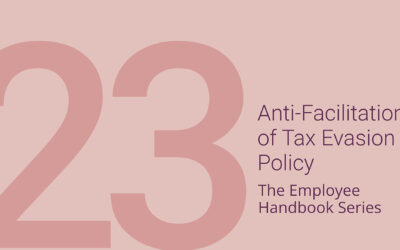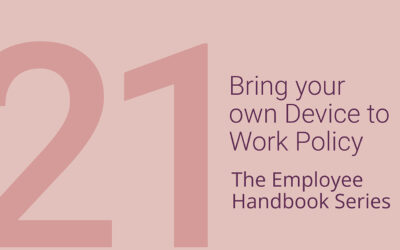EMPLOYMENT LAW FOR EMPLOYEES
Disciplinary Hearing Solicitors for Employees
Why Choose Atkins Dellow as your Employment Law Solicitors?
Competitive Fees
We offer no obligation chats, just get in touch.
Dedicated Solicitors
We’ll go the extra mile to offer you hassle-free legal advice.
No Legal Jargon
No jargon. We speak in plain English just like you.
Care
Regardless of the challenges, we look after your interests.
Disciplinary Hearing FAQs
Can I be sacked at a Disciplinary Hearing?
Yes, you can be dismissed following a disciplinary hearing. If you’ve received a fair disciplinary hearing and your employer has considered all of the evidence relating to your alleged misconduct, then they can decide on the appropriate disciplinary sanction. If the misconduct is serious enough then your employer may decide to dismiss you following the disciplinary hearing. They should give you the right to appeal their decision and you should do that if you don’t think it was the right decision.
How much notice of a Disciplinary Hearing should I be given?
You should be given sufficient time to prepare for your hearing, so your employer will need to give you at least two days’ notice of a disciplinary hearing. In more complicated cases your employer should give you at least 5 days’ notice. You and your employer can agree to lengthen or shorten any notice period at any time. If you don’t think you’ve been given enough notice, ask your employer in writing to give you extra time to prepare.
How long does a Disciplinary Hearing take?
The length of the actual hearing itself will depend on the nature and extent of the allegations and evidence presented, as well as the time required for the decision-making process. Although, the average duration is around 30 minutes to an hour.
What is the purpose of a disciplinary hearing?
A disciplinary hearing is held to determine whether an employee has breached company policy or the express or implied terms of their employment contract and to decide on an appropriate course of action.
What rights does an employee have during a disciplinary hearing?
An employee has the right to be informed of the allegations against them, to present their case, to be accompanied by a colleague or trade union representative, and to appeal any decision made.
What role does evidence play in a disciplinary hearing?
Evidence is crucial in establishing whether or not an employee has breached company policy or contract and in determining an appropriate outcome. If your employer has insufficient evidence to support the allegations your employer may decide to take no further action. If your employer decides there is sufficient evidence to support the allegation they may give you a warning or move straight to dismissal.
What are the potential outcomes of a disciplinary hearing?
The potential outcomes can range from a verbal warning through the a writing warning, a final written warning or to dismissal, depending on the severity of the breach and the employee’s past conduct.
How should an employee prepare for a disciplinary hearing?
An employee should review all relevant policies and procedures, gather evidence to support their case, and consider bringing a colleague or trade union representative for support.
Can an employee refuse to attend a disciplinary hearing?
While an employee can refuse to attend a disciplinary hearing, it may be viewed as a breach of their contract and could itself result in disciplinary action, including dismissal.
Can an employer dismiss an employee without a disciplinary hearing?
In some cases, an employer may be able to dismiss an employee without a hearing, such as in cases of gross misconduct.
What are the grounds for appealing a disciplinary decision?
An employee can appeal a disciplinary decision on the grounds of new evidence, procedural errors, or the severity of the outcome.
What are the potential legal implications of a disciplinary hearing?
A disciplinary hearing can have legal implications, such as potential claims for unfair dismissal or discrimination.
Should an employee seek professional advice during a disciplinary process?
Yes, seeking professional advice from an employment law solicitor can help you protect your rights and interests during the disciplinary process.
Employment Law Specialists at Atkins Dellow
Related Insights
Anti-facilitation of Tax Evasion Policies in Employment Law
Introduction to Anti-facilitation of tax evasion policy As a matter of law employers must give their employees a written document which covers the key terms of the employment relationship. On top of this, it’s good practice for employers to have a staff handbook which...
Menopause Policies in Employment Law
Introduction to Menopause Policy As a matter of law employers must give their employees a written document which covers the key terms of the employment relationship. On top of this, it’s good practice for employers to have a staff handbook which includes the...
Bring Your Own Device to Work Policy for Employers
Introduction to Bring Your Own Device to Work Policy As a matter of law employers must give their employees a written document which covers the key terms of the employment relationship. On top of this, it’s good practice for employers to have a staff handbook which...
Still Need Help?





